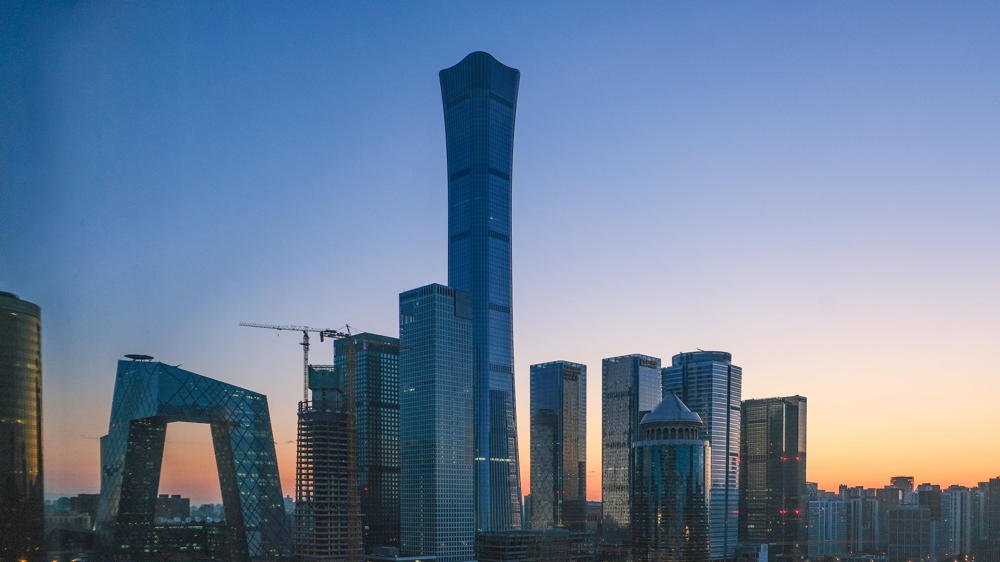Intel’s Gelsinger Concludes China Trip Amidst Tensions

Intel chief Pat Gelsinger concludes trip to China as company launches modified AI chip for local market amidst tightening export restrictions
Intel chief executive Pat Gelsinger has concluded a low-profile visit to China, as the company continues to emphasise the country as a key market and a critical part of its supply chain amidst rising tensions with the US.
The visit coincided with Intel’s launch of a Chinese version of the Habana Gaudi 2 accelerator chip for AI workloads.
The chip, modified for the Chinese market to get around US export restrictions announced last October, was introduced in other markets in May 2022 and was designed to compete directly with Nvidia’s flagship A100.
Intel acquired the accelerator technology when it bought Habana for $2 billion (£1.5bn) in 2019.

Modified AI chip
Nvidia is forbidden from selling the top-of-the-line A100 chip in China and last November introduced a modified version for the Chinese market called the A800.
Artificial intelligence is increasingly seen as a key field of competition between the US and China, along with other cutting-edge areas such as 5G and high-end semiconductors.
The US administration is reportedly planning restrictions on US investments into Chinese AI technologies, in addition to the existing blocks on advanced AI chips.
The country has also blocked the sale of advanced chipmaking equipment to Chinese firms, with Japan and the Netherlands introducing similar restrictions.
Chip plant visit
While Intel did not disclose Gelsinger’s itinerary in China, local media reports said he visited partners including Beijing-based New H3C Group and Zhengzhou-based xFusion Technologies.
Inspur, New H3C and xFusion are all expected to release AI servers using Gaudi 2 accelerators.
Gelsinger also visited Intel’s chip packaging and test plant in Chengdu to mark the company’s 20th anniversary of operations in the city, where he said in an address that the plant plays a critical role in Intel’s global supply chain, according to a Chengdu government statement.
Intel, which generates more than one-quarter of its revenues from China, saw its revenues decline 36 percent year-on-year in the first quarter to $11.7bn, reporting a net loss of $2.8bn compared to a net profit of $8.1bn for the same quarter a year earlier.